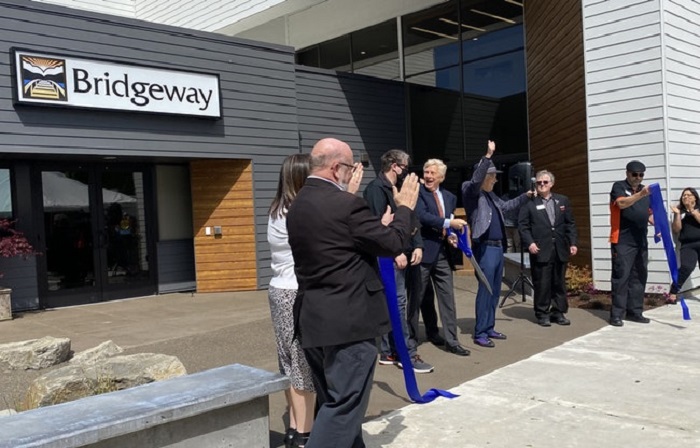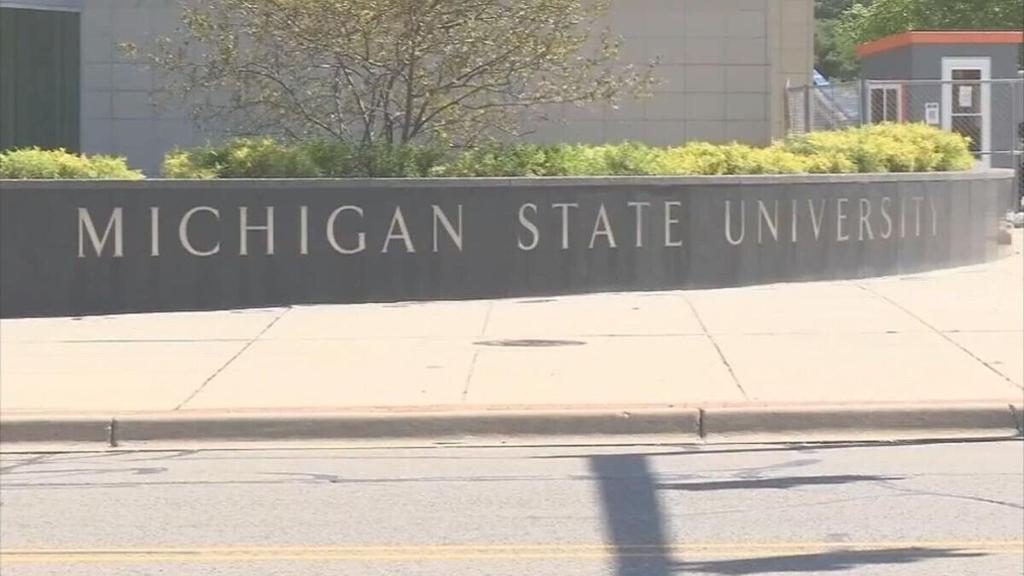Salem, OR – In a significant turn of events, Bridgeway, a prominent recovery home in the region, has officially ended plans to open a new recovery facility. This decision comes at a time when local treatment providers are already preparing for severe state funding cuts that could have widespread consequences for mental health and substance abuse services in the area.
The planned recovery home, which was intended to offer a safe space for individuals struggling with addiction and mental health issues, was seen as a vital step in addressing the growing demand for rehabilitation services in the community. However, Bridgeway’s leadership announced that due to financial uncertainties, exacerbated by potential cuts in state support, the project will no longer move forward.
Local treatment providers, already grappling with the effects of state budget reductions in previous years, are now facing even more uncertainty. With funding sources becoming increasingly scarce, many of these organizations worry about their ability to continue providing crucial services to the most vulnerable populations.
“The state’s funding cuts are already putting a strain on our ability to provide essential care,” said Sarah Thompson, a spokesperson for a local treatment center. “We were hopeful that Bridgeway’s new recovery home would alleviate some of the pressure on our facilities, but now that this project has been halted, it feels like we’re taking a step backward.”
Bridgeway’s decision to halt the recovery home project is indicative of a broader trend affecting not only this region but also other areas statewide. Treatment providers have voiced concerns that if the funding cuts proceed as expected, services such as inpatient rehabilitation, outpatient care, and mental health counseling may face significant reductions, leaving those in need with fewer options for treatment and recovery.
Local policymakers, already under pressure to find ways to address the growing addiction crisis, have been vocal about the challenges posed by reduced funding. State officials have yet to offer a clear explanation for the cuts, but experts suggest that budget constraints and shifting priorities may be playing a role in the decisions.
“We’re at a critical juncture,” said Dr. Jonathan Harris, a local addiction specialist. “The need for addiction and mental health services has never been greater. If we don’t find a way to preserve funding for these essential services, we risk further destabilizing an already fragile system.”
Bridgeway’s decision has sent ripples through the recovery community, leaving treatment providers, patients, and their families to wonder what the future holds. While some are hopeful that additional funding may be allocated in the future, the current landscape remains bleak for those relying on state-funded treatment options.
As state officials deliberate over the budget and the future of mental health and addiction services, local providers are preparing for the worst while advocating for a system that prioritizes the well-being of individuals struggling with substance abuse and mental health challenges.
For now, the fate of many local recovery homes and treatment centers hangs in the balance as the community waits for further developments on the state budget and the funding that will determine the availability of vital services for those in need.











